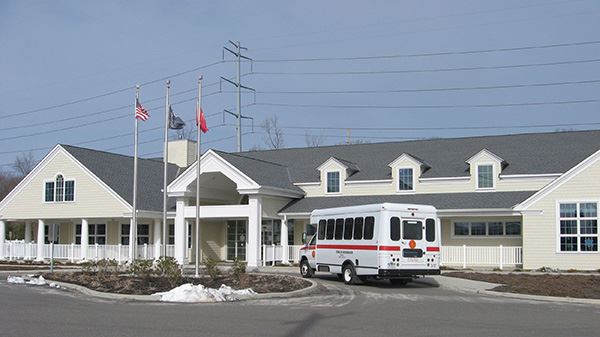By Daniel Dunaief

The visitor comes unexpectedly sneaking around corners, invisible in the air even if you’re staring directly at him.
He is particularly welcome in the summer, when it’s so hot that the sweat on your skin only makes you wet and clammy, without providing much relief.
A cold drink might help, you think. As your fingers take respite from the moisture on the cup, your lips, tongue and mouth journey far from the heat, giving your brain the chance to ignore the signals the rest of your body is sending about how hot and miserable you are.
Short as this comfort is, it’s nothing compared to the effect this guest brings.
I tend to make an odd face when I get too hot, curling my short, thick tongue into my slightly larger lower palate and waiting, as patiently as possible, for the fall to bring cooler temperatures, Halloween costumes, pumpkin pie and, down the road, maybe a snowman that’s taller than me and my son who years ago started bending down to hug his father.
Today, however, during that most amazing of now moments, the guest has arrived, offering the kind of cooling and refreshing massage that lasts much longer than an hour. He charges nothing for his services.
He has an open invitation, of course, but he doesn’t always accept the offer, particularly when he’s traveling elsewhere.
He makes the horseflies scatter and alters the surface of the water, causing the kind of rippling pattern that may inspire a young mathematician eager to find a formula to explain what she sees.
He can interrupt even the most heated of discussions, debates and disagreements. It’s hard to be angry or to make an aggressive point when he’s around. And, in case you ignore him, he has a way of making his presence felt, knocking that stylish hat off your head and into the Long Island Sound, causing that expensive silk scarf to ruffle toward your face, or loosening those carefully tucked bangs.
Powerful as the sun and heat are, he can offer a counterbalance.
He can be cruel, knocking a bird’s nests out of the trees. He can also topple a table filled with carefully cooked cuisine, turning the mouth watering meal into a mess. When he feels like attending a baseball game, he can turn a home run into a fly ball and vice versa.
Ah, but go with him when you’re sailing, flying a kite or just sitting on a hot beach, and he brings the kind of cleansing magic to the air that water brings to a parched plate.
He helps send a kite high into the air, tugging on a line that causes the kite to dart, dive, dip and climb.
On a sailboat, he is the copilot, willing your ship, no matter its size, faster. You don’t need a motor when he’s around and you may not even need to drink that iced tea, lemonade, ice cold beer or soft drink you brought along with you.
After a sail, even on some of the hottest days, but particularly around dusk, he provides cool comfort in much the same way a blanket offers warmth during the coolest nights of the winter.
As he climbs through the nearby trees, he seems to ask you to “shhh.” Then, he waltzes past chimes, tapping each sound singularly and together, singing a unique summer melody that changes with each of his appearances.
He is an equal opportunity flag waver, indifferent to the political leanings of the people who hoisted the revered cloth to the top of a pole.
One of my favorite companions during the summer, I celebrate the cherished breeze, not only for the comfort he affords but for the way he alters the landscape and offers a respite from the heat.











 We live in a wonderful place with many delightful offerings, but we probably don’t take the time to dwell on that fact. For example, even this past Thursday alone, we could have attended the opening night of the Stony Brook Film Festival, screening indie movies from throughout the world at the Staller Center on the campus of Stony Brook University. Or we might have tapped our feet and kept time with a performance at The Jazz Loft in Stony Brook village. The Huntington Summer Arts Festival has ongoing performances, this past Thursday featuring Lakecia Benjamin & Pursuance that started at 8 p.m. in Heckscher Park.
We live in a wonderful place with many delightful offerings, but we probably don’t take the time to dwell on that fact. For example, even this past Thursday alone, we could have attended the opening night of the Stony Brook Film Festival, screening indie movies from throughout the world at the Staller Center on the campus of Stony Brook University. Or we might have tapped our feet and kept time with a performance at The Jazz Loft in Stony Brook village. The Huntington Summer Arts Festival has ongoing performances, this past Thursday featuring Lakecia Benjamin & Pursuance that started at 8 p.m. in Heckscher Park.



